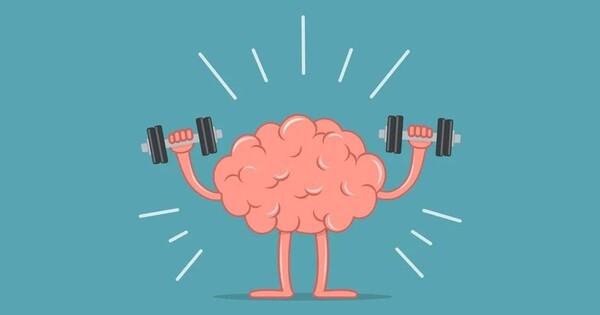A recent Finnish study discovered that strong physical fitness from childhood to adolescence is associated with improved mental health in adolescent. These findings are noteworthy and urgent, given mental health issues are currently a major societal challenge, impacting between 25% and 30% of young people. These findings indicate that boosting physical fitness beginning in childhood can help prevent mental health problems.
In a study by the Faculty of Sport and Health Sciences at the University of Jyväskylä and the Institute of Biomedicine at the University of Eastern Finland, the physical fitness of 241 adolescents was followed from childhood to adolescence for eight years. The study showed that better cardiorespiratory fitness and improvements in it from childhood to adolescence were associated with fewer stress and depressive symptoms in adolescence.
Furthermore, the study discovered that increased motor fitness from childhood to adolescence was linked to improved cognitive performance and fewer stress and depressed symptoms. However, the link between motor fitness and depressed symptoms was smaller than that between cardiorespiratory fitness and depressive symptoms. Adolescent screen time contributed to the connections between cardiorespiratory and motor fitness and mental health.
Our results should encourage policymakers as well as parents and guardians to see the significance of physical fitness more holistically, as poor physical fitness can increase mental health challenges and impair cognitive skills needed for learning.
Eero Haapala
These findings support investing in physical fitness early in life as a viable strategy for preventing mental health and cognitive difficulties in adolescence.
“The concern about the declining physical fitness in children and adolescents is real. However, the focus has been on physical health,” says Eero Haapala, Senior Lecturer of Sports and Exercise Medicine at the Faculty of Sport and Health Sciences, University of Jyväskylä.
“Our results should encourage policymakers as well as parents and guardians to see the significance of physical fitness more holistically, as poor physical fitness can increase mental health challenges and impair cognitive skills needed for learning. The whole of society should support physical fitness development in children and adolescents by increasing physical activity participation at school, during leisure time, and in hobbies,” emphasises Haapala.

This study is based on longitudinal data from the ongoing Physical Activity and Nutrition in Children (PANIC) studyconducted at the Institute of Biomedicine, University of Eastern Finland, and led by Professor Timo Lakka. The study followed the physical fitness of 241 individuals for eight years, from childhood to adolescence. Mental health assessments were conducted during adolescence. The study was published in Sports Medicine.
The PANIC Study is a component of the Metabolic Diseases Research Community at the University of Eastern Finland. The scientific community is focused on studying major cardiometabolic illnesses. The community’s goal is to offer strong evidence on disease causes and promote early detection, prevention, and individualized treatment by leveraging genetics, genomics, translational research, and lifestyle interventions. The research community is made up of 20 research organizations, which range from basic research to patient care.
















